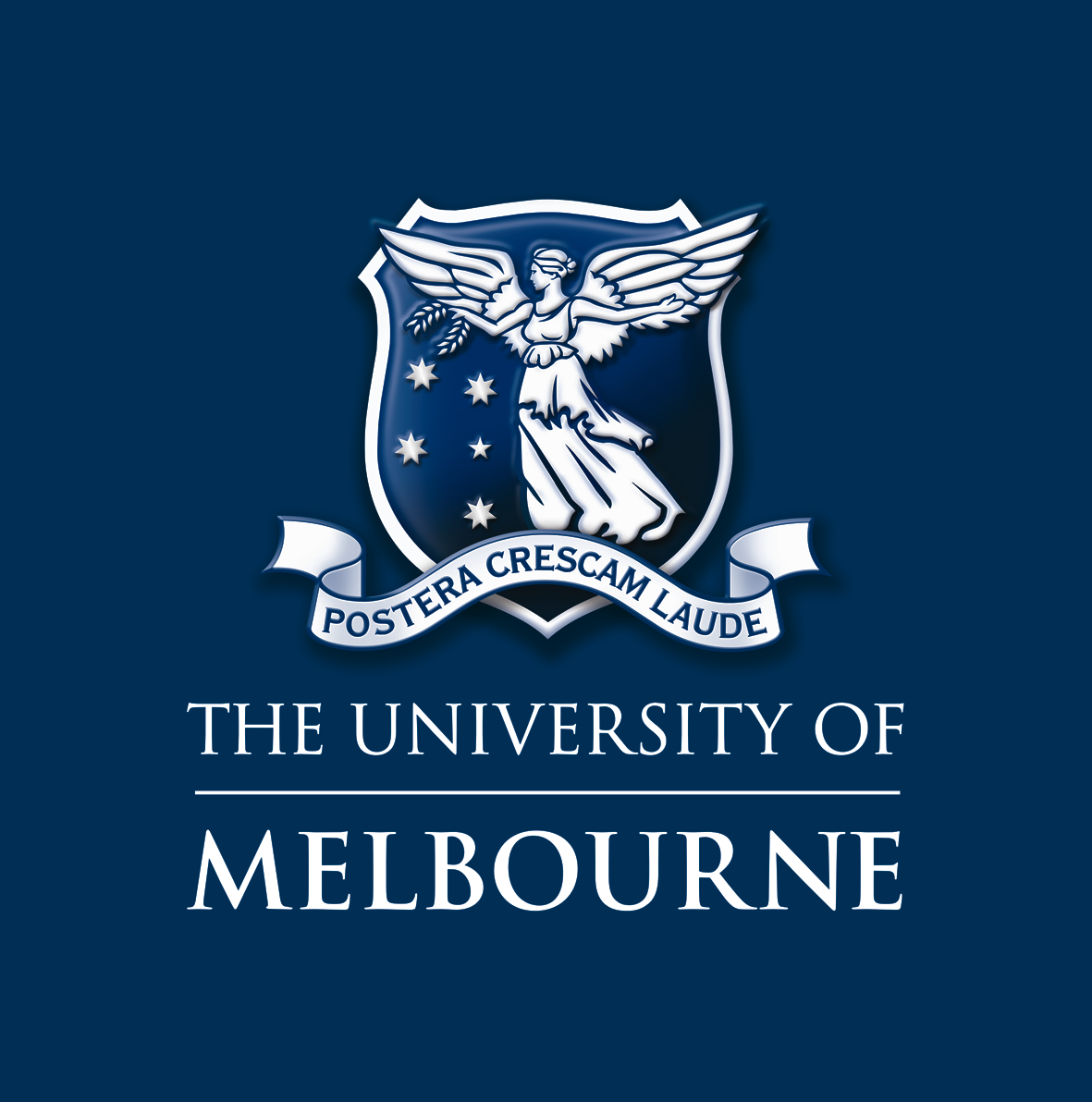Project: Ecology and diversity of Avian orthoavulavirus 1, the causative agent of Newcastle Disease virus, in Australian wild birds
Howden Group
Newcastle disease was first described in the 1920’s and it is an infectious disease of poultry. The disease is caused by Avian orthoavulavirus 1, which in addition to the pathogenic lineages found in poultry, is also found in wild birds. Currently, there is no understanding of the host range, factors that drive viral prevalence of Avian orthoavulavirus 1 in Australian wild birds, nor the viral diversity present. Using molecular tools, this project will initially focus on screening samples collected from wild birds in Australia, including bird orders previously identified as reservoirs for these viruses. Using the rich metadata associated with these samples, the project will begin to reveal the host range and factors which may affect the prevalence of this Avian orthoavulavirus 1 in wild birds. Samples which are positive for these viruses will be sequenced, and using phylogenetic techniques, will reveal the viral diversity.
We are interested in detecting and understanding viral prevalence of Avian orthoavulavirus 1 in samples collected from wild birds. This project will include laboratory skills such as RNA extraction, quantitative reverse transcriptase real-time PCR, and viral sequencing. Further, this project will encompass data analysis using statistical models, and phylogenetic analysis.
Project Site: Australian Centre for Disease Preparedness
Contact project supervisor for further
information and application enquiries
Howden Group
2 vacancies


Our research uses genomics, molecular biology, epidemiology and clinical studies to address a broad range of issues related to invasive bacterial diseases in humans, including antimicrobial-resistant and hospital-associated pathogens such as Staphylococcus aureus, Enterococcus faecium, Klebsiella pneumoniae and Escherichia coli.



